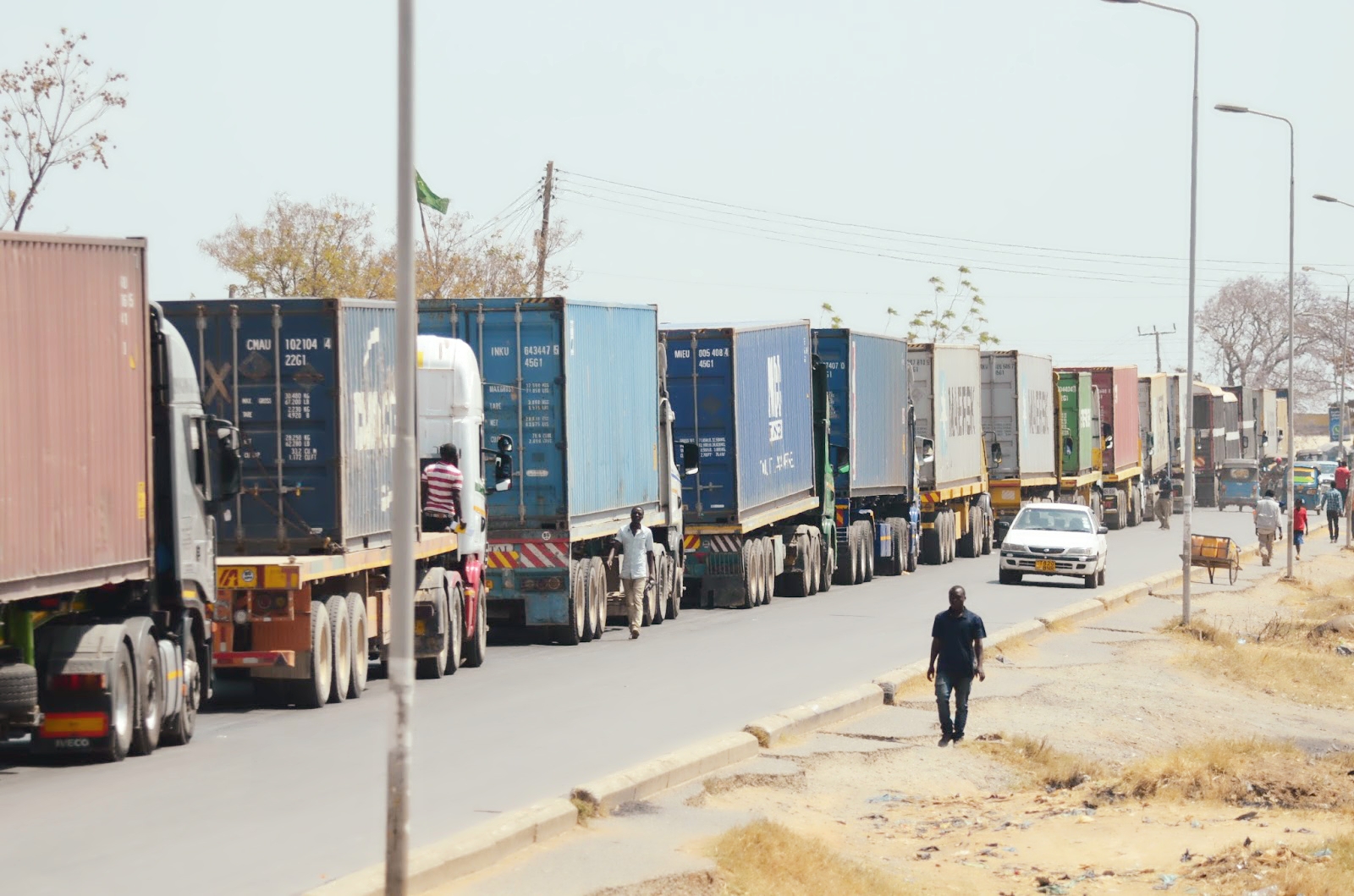Role of exchanges in business and investment sustainability
What you need to know:
The first is its recent seminars for active engagement and capacity building to DSE members on matters of ESG (Environment, Social and Governance).
As part of the ongoing work in promoting good governance and deeper engagements between issuers and investors over many years, the DSE has also been working on sustainability through two key initiatives (not yet at the products level or membership and listing compliance/obligation).
The first is its recent seminars for active engagement and capacity building to DSE members on matters of ESG (Environment, Social and Governance).
The second is though the DSE Members Award, which has sharpened awareness of sustainability reporting and responsibility investing, among others factors that DSE members are benchmarked, recognized and awarded on.
Again, the important feature on this has been sustainable environment, social responsibility and good corporate governance; basically, rewarding those who are aware on the existence of such key global issues in the investing community, and being conscious about them, created policies around them and championing activities that ensure their practical implementation.
The global interest in sustainable investment is a catalyst for change and some DSE-listed companies, especially those which subsidiaries to multinational entities have made some positive strides in their ESG disclosures and practices.
As we move towards integrating sustainability reporting as part of our continuous listing obligation and making these part of the listed companies annual reports, sustainability thinking into business strategy should be embraced, not only by listed members of the DSE, but other categories of members as well – i.e. stockbrokers, nominated advisers, custodian banks, etc.
In 2016 the DSE signed into the United Nations (UN)-Sustainable Stock Exchange (SSE) Initiative -- a project of the United Nations co-organized by the United Nations Conference on Trade and Development (UNCTAD), the UN-Global Compact, and the UN-supported Principle for Responsible Investment (PRI); partnering with other key stakeholders including the World Federation of Exchanges (WFE) – to which the DSE is an Affiliate member, and the International Organization of Securities Commissions (IOSCO) – for the objective of providing a multi-stakeholders learning platform for stock exchanges, investors, regulators, and companies to adopt best practices in promoting corporate sustainability.
In collaboration with investors, regulators, and companies, they strive to encourage sustainable investment.
Being a partner exchange to the UN-SSE Initiative, among other requirements is for the exchange to promote sustainability thinking and strategies as well as to consider ESG factors more explicitly in their practices and reporting, in line with international best practices.
Our purpose real is about trying to get the market to think more holistically about what is important, then disclose this thinking to our stakeholders, and embedding these factors, and hopefully change their behavior on matters of environmental sustainability, becoming more inclusive and socially responsible as well as pursue and practice best standards of good corporate governance – including become more transparency in their disclosures, not only in relation to the past, but also the future of their businesses.
Some of the exchanges, even in our continent have already included sustainability and ESG reporting in their listing (+ membership) and continuous listing (+membership) obligations rules and regulations.
Stock exchanges in South Africa, Egypt, Morocco, etc are in this stage already; other exchanges have creating rules for listing green bonds – South Africa, Egypt, Mauritius, Kenya, etc stock exchanges have green bonds listing rules already, while others have created Responsible Investment Indices – aiming at sharpening the awareness of responsible investing.
For the DSE, as I indicated above, we are at the sensitization and awareness creation to create the consciousness to members via the DSE members award (which has been running for the past 3-years) as well as training and capacity building. The intent is to have these issues embedded in our rules by year 2020.
Th gist of this matter is that, our market and our country, like all other markets and countries, we are competing after limited global capital resources.
So, as much as we are yet to be recognized by international rating agencies in investment categories of either Frontier or Emerging Markets, etc where passive global portfolio investment funds feels comfortable and confident to allocate portions of their funds; under such circumstances and in our best interest, the best we can do is to pursue what can possibly be achieved to gain the necessary comfort and confidence.
Hence, being a member to the UN-SSE Initiative and implementing sustainability standards within our regulatory environment or striving to graduate from an affiliate member to full membership in the global exchanges association body – the World Federation of Exchanges, or creating the legal/regulatory environment that addresses hindrances regarding certainty of legality on the finality of ownership of securities in line with the international standards, would form what could potential be achieved.
And so, as the DSE Members award exercise currently being on the ongoing, where the DSE Sustainability Committee is engaging DSE members and other close stakeholders to the DSE such as media houses, we expect this understanding as we respond to global requirements from both the investment community and UN agents as part of efforts to achieve Sustainable Development Goals, as far as exchanges are concern.
Mr Marwa is chief executive officer of the Dar es Salaam Stock Exchange Email: [email protected]




